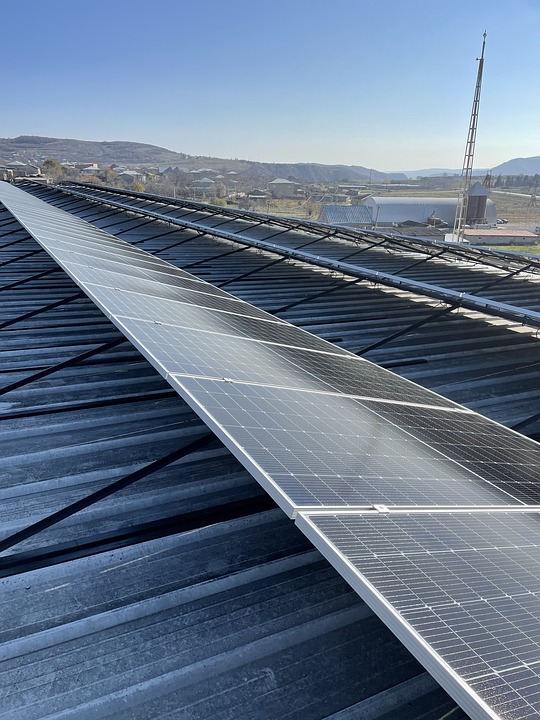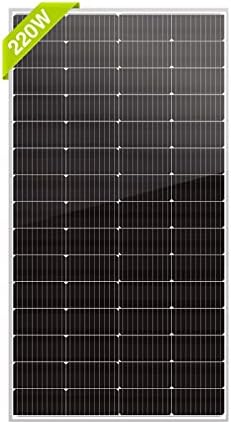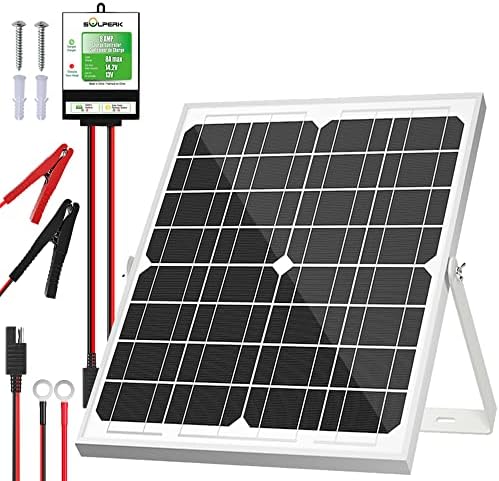From Rooftops to Deserts: The Growing Reach of Solar Power
As I basked in the warm glow of the sun on my off-grid homestead, I couldn’t help but appreciate the power of solar energy. Living off the grid for years has given me a firsthand understanding of the benefits of solar power. From rooftop installations to large-scale solar farms in the desert, the reach of solar power is growing and for good reason. Not only does it provide a sustainable and renewable energy source, but it also has the potential to revolutionize the way we power our world.
Solar power has come a long way from its humble beginnings as a niche technology for off-grid living. It has now become a mainstream source of energy, with a growing number of residential and commercial properties turning to solar panels to meet their electricity needs. The falling cost of solar panels and the advancement of solar technology have made it more accessible and affordable than ever before. Additionally, the environmental benefits of solar power, such as reduced carbon emissions and a smaller ecological footprint, have made it an attractive option for those looking to lessen their impact on the planet.
For those of us living off the grid, solar power is a game-changer. It’s more than just a way to generate electricity – it’s a way to take control of our energy needs and reduce our reliance on traditional power sources. Whether it’s using solar panels to power our homes, water pumps, or other essential tools and appliances, solar energy has become an integral part of off-grid living. The ability to harness the power of the sun, even in remote locations, has allowed off-gridders like myself to live more sustainably and independently.
But it’s not just off-gridders who are benefiting from solar power – the reach of solar energy extends far beyond rooftop installations. In recent years, we’ve seen the rise of utility-scale solar farms in deserts and other open spaces. These solar farms generate electricity on a massive scale and have the potential to power entire communities and cities. This shift towards large-scale solar power has had a significant impact on the energy industry, leading to a decrease in reliance on fossil fuels and an increase in renewable energy production.
One of the most exciting developments in the world of solar power is the increasing efficiency of solar panels. With advancements in technology, solar panels are now more efficient at converting sunlight into electricity than ever before. This means that even in areas with less sunlight, solar power can still be a viable and reliable source of energy. Additionally, new innovations in solar panel design and materials are making it possible to integrate solar panels into everyday objects, such as windows, building materials, and even clothing. This opens up a world of possibilities for integrating solar power into our daily lives in ways we never thought possible.
Pro Tips:
– When installing solar panels, make sure to position them in a location that receives the most sunlight throughout the day.
– Regularly clean and maintain your solar panels to ensure optimal efficiency and performance.
– Consider investing in energy storage solutions, such as batteries, to store excess solar power for use during cloudy days or at night.
As the reach of solar power continues to expand, it’s clear that it has the potential to play a significant role in our transition towards a more sustainable and eco-friendly future. The growing accessibility and affordability of solar power, combined with its environmental benefits, make it an attractive option for individuals, businesses, and communities alike. From rooftop installations to large-scale solar farms in the desert, it’s evident that solar power is here to stay – and its reach is only going to continue growing. So, whether you’re looking to reduce your carbon footprint, lower your energy costs, or simply take control of your energy needs, solar power has something to offer for everyone.



